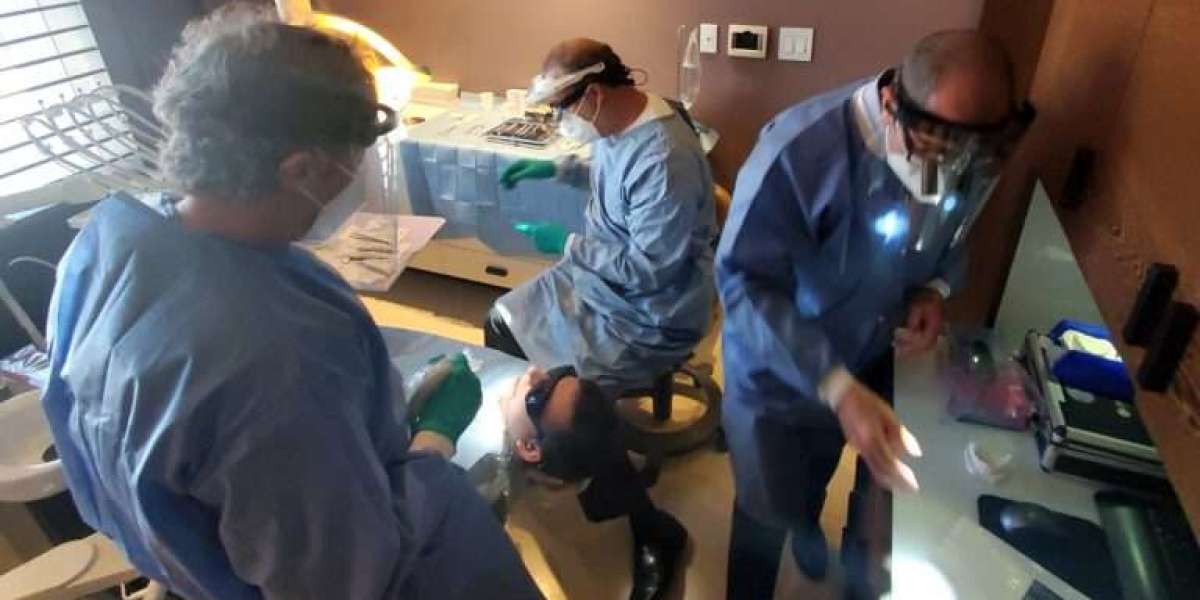Ireland has become a popular destination for international students due to its high-quality education, vibrant culture, and excellent career prospects. However, before you plan your journey, understanding the costs involved is essential. This guide will provide a clear breakdown of expenses so you can budget wisely and make informed decisions.
1. Tuition Fees in Ireland
Tuition fees are one of the biggest expenses when studying abroad. In Ireland, the costs vary depending on the university, course, and level of study. Here's an overview of typical tuition fees for international students:
Undergraduate Programs
- Arts & Humanities: €9,000 – €16,000 per year
- Engineering & Technology: €10,000 – €22,000 per year
- Science & Medicine: €12,000 – €25,000 per year
- Business Studies: €9,000 – €20,000 per year
Postgraduate Programs
- Arts & Humanities: €10,000 – €20,000 per year
- Engineering & Technology: €10,000 – €24,000 per year
- Science & Medicine: €12,000 – €30,000 per year
- MBA Programs: €20,000 – €35,000 per year
Important Tip:
Public universities in Ireland often have lower tuition fees compared to private institutions. Research your options carefully to find the most cost-effective choice.
2. Student Visa Fees
International students outside the EU/EEA will need a D-Type Student Visa to study in Ireland. The visa application fees are as follows:
- Single-entry visa: €60
- Multi-entry visa: €100
In addition, you must provide proof of financial stability to show that you can support yourself during your stay.
3. Accommodation Costs
Housing is another significant expense for students in Ireland. The cost depends on the type of accommodation and the city you choose.
Average Monthly Accommodation Costs:
- On-campus housing: €500 – €900
- Private rented apartment: €450 – €850
- Homestay (with a local family): €600 – €1,000 (including meals)
- Shared apartment/flat: €300 – €600
Tip: Booking your accommodation early can help you secure affordable options, especially in popular cities like Dublin or Cork.
4. Living Expenses in Ireland
In addition to tuition and accommodation, you'll need to budget for daily expenses like food, transport, and entertainment. Here's an estimate of common costs:
- Groceries & Food: €250 – €350 per month
- Public Transport: €50 – €100 per month
- Utilities (electricity, internet, etc.): €60 – €150 per month
- Mobile Phone Bill: €20 – €40 per month
- Books & Study Materials: €75 – €100 per month
- Personal Expenses & Entertainment: €100 – €250 per month
Estimated Total Monthly Cost: €700 – €1,200
5. Health Insurance in Ireland
Health insurance is mandatory for non-EU/EEA students. Insurance costs typically range between €500 – €800 per year, depending on the coverage plan.
Tip: Some universities offer affordable health insurance plans for students, so check with your institution before purchasing an individual plan.
6. Part-Time Job Opportunities
To manage expenses, international students in Ireland can work part-time. Here's what you need to know:
- Students are permitted to work 20 hours per week during academic terms.
- During holidays, students can work up to 40 hours per week.
- The average wage for part-time jobs is approximately €10 – €12 per hour.
Common student jobs include roles in restaurants, retail stores, and call centers. Working part-time can help cover your living expenses while gaining valuable experience.
7. Scholarships for International Students
To ease financial stress, Ireland offers various scholarship opportunities for international students. Some popular scholarships include:
- Government of Ireland International Education Scholarship
- The Walsh Fellowship
- University-Specific Scholarships (e.g., Trinity College Dublin, University College Cork)
Applying for scholarships early can significantly reduce your overall expenses.
8. Money-Saving Tips for Students in Ireland
- Choose shared accommodation to reduce rent costs.
- Cook at home instead of frequently dining out.
- Take advantage of student discounts on public transport, entertainment, and shopping.
- Track your expenses to ensure you stay within your budget.
Conclusion
The cost of studying in Ireland may seem high, but with proper planning, budgeting, and financial support, you can manage your expenses effectively. By exploring scholarships, choosing affordable accommodation, and working part-time, you can enjoy a fulfilling academic journey without financial stress.

